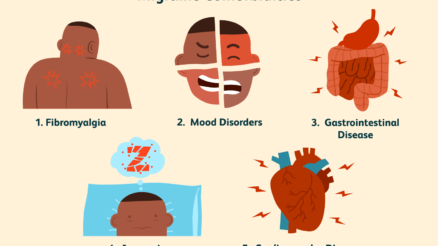
Eligible healthcare providers have had access to deeply discounted drugs for the better part of 30 years, thanks to the 340B Drug Discount Program first implemented in 1992. Unfortunately, the 340B program has been mired in controversy for years. Some would contend that drug manufacturers are attempting to circumvent the program to increase their profits.
There is another side to the story, of course. Drug manufacturers tend to claim that 304B-eligible covered entities (CEs) are illegally profiting from the program by pocketing the savings rather than putting it back into healthcare access for the uninsured and poor. They further claim that allowing CEs to purchase discounted drugs through contracted pharmacies is also allowing non-eligible healthcare providers to get in on the program.
Manufacturer complaints are another topic for another post. For the remainder of this post, we will look at the top two complaints among hospitals that contend drug manufacturers are trying to circumvent 340B rules.
Complaint #1: Manufacturers Aren’t Providing Discounts
The 340B program’s primary goal is to improve access to healthcare among underserved communities by both providing low-cost prescription medications to patients and allowing CEs to use more of their Medicare and Medicaid funding to enhance service access. It all rides on drug manufacturers selling drugs at discount prices.
According to a 2023 fact sheet published by the American Hospital Association (AHA), “several… drug manufacturers have unilaterally stopped providing discounts” on 340B eligible drugs dispensed by CEs through contracted pharmacies. The AHA contends that the use of contracted pharmacies is allowed under the 340B statute.
Pharmaceutical manufacturers disagree. They say the statute only requires them to sell discounted drugs directly to CEs themselves. They contend that contracted pharmacies are not 304B-eligible and are therefore not covered under the program.
Complaint #2: Manufacturers Are Attempting to Create a Rebate Program
The original intent of 340B was to assist CEs through direct discounts on covered drugs. As Florida-based Ravin Consultants explains, direct discounts reduce the amount of money CEs spend on covered drugs. However, the AHA contends that some manufacturers are attempting to transition the program so that participants must apply for rebates rather than getting up-front discounts.
If what the AHA says is true, a rebate policy would be in direct violation of the original statute. Not only that, transitioning to a rebate program would add another layer of administration to 340B, thereby reducing the actual cost savings CEs would normally enjoy.
In order to facilitate the transition to a rebate program, drug manufacturers have allegedly brought in a third-party vendor. The AHA contends that this is also a violation of the statute. They want the courts to order manufacturers to immediately cease their efforts to change the way they administer their half of the program.
In Search of the Truth
What we have here is a situation in which both parties accuse the other of improperly profiting from the 340B program. Manufacturers say that CEs and contract pharmacies are increasing their profits without putting targeted money back into expanding healthcare access among the poor and uninsured. Meanwhile, hospitals contend that drug manufacturers are trying to reduce their 340B transactions in order to boost their profits.
In all likelihood, the truth is probably somewhere in the middle of both positions. That is the way it goes. Whenever you have two parties involved in a disagreement in which their respective positions are polar opposites, the likelihood that either position is absolutely true is not very high. Both sides tend to have an element of the truth, but the whole truth is in the middle.





